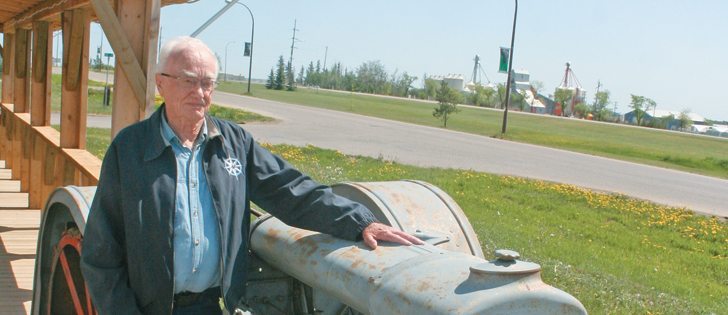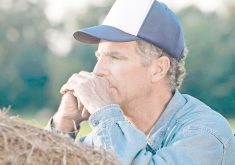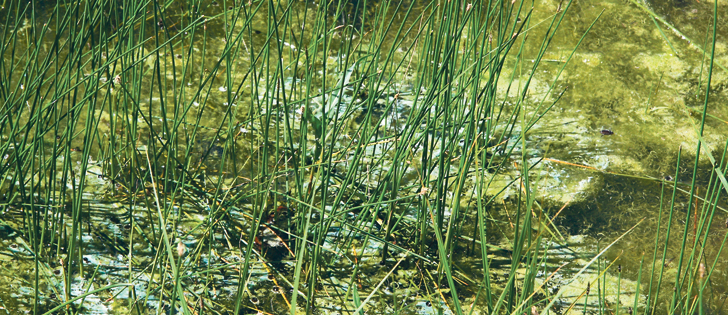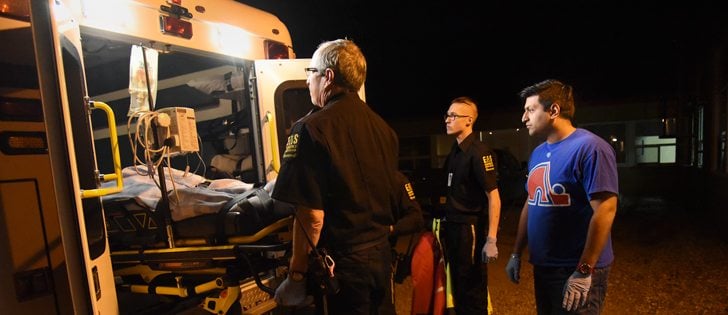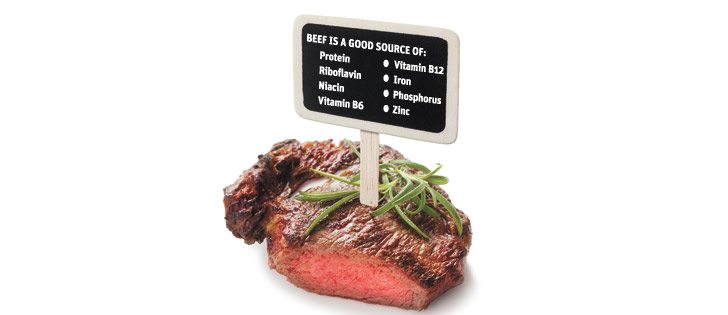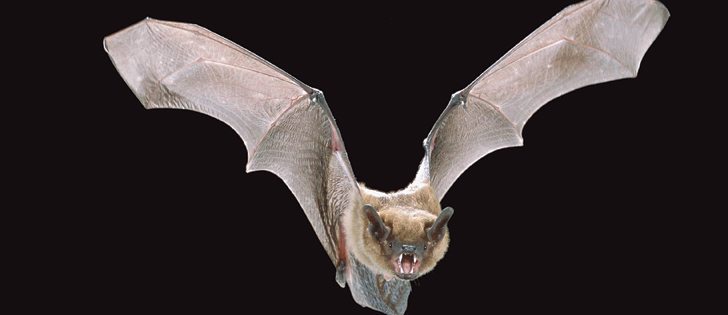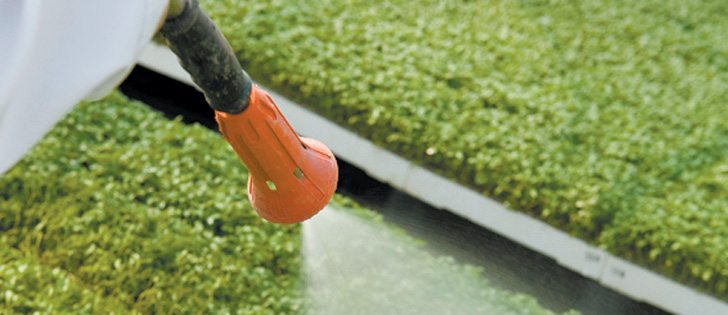Otto Barley knows exactly how he got skin cancer.
The retired farmer spent hours outside in the sun on an open cab tractor without a hat or sunscreen.
“I never wore a cap in my life, and that was a reason for the cancer,” said Barley of Fairview, Alta. “At that time, there was no warning about skin cancer.”
Barley rarely goes outside now without a hat. If he ventures outside in the sun, he tries to find a shady spot.
“Now I just try to stay out of the sun.”
Read Also

Farming Smarter receives financial boost from Alberta government for potato research
Farming Smarter near Lethbridge got a boost to its research equipment, thanks to the Alberta government’s increase in funding for research associations.
Barley said his short hair and fair skin were also contributing factors.
He discovered the cancer when he went to a doctor about a wound on his hand that wouldn’t heal. It turned out to be cancerous. Since then, more than 30 cancerous pieces have been cut out of his hands and neck.
“I burned easily,” said Barley, who always wore pants and long sleeved shirts but didn’t believe exposure to his hands and head could cause skin cancer.
Barley now tries to warn other farmers about the need for sunscreen and hats when outside, but he is not sure if anyone listens to his warnings.
“They figure it won’t happen to them,” he said.
Barley is not the only farmer who has spent hours in the sun without hat or sunscreen.
A recent U.S. study showed less than one-quarter of farmers used sunscreen always or frequently when in the sun more than 15 minutes.
The data was collected from 476 people, including 194 farmers, during the 2011 Wisconsin Farm Technology Days.
The study was intended to assess skin cancer knowledge, sun protection and barriers, health care information sources and the impact of skin cancer screening among farmers and non-farmers in the U.S. Midwest.
The Canadian Cancer Society says most skin cancers are caused by exposure to the sun over a long period of time. People who work outside, such as farmers, have a higher risk of developing skin cancer because they are exposed to ultra violet rays.
Farmers in the study identified the benefits of sun protection, but few said they adopted good sun protection habits despite the increased skin cancer risk associated with being outdoors.
The most common barriers to sun protection included discomfort wearing long pants and shirts, forgetting to use sunscreen and the inconvenience of wearing wide-brimmed hats.
Prairie farmers recently talked about their sun protection habits when asked about them on Twitter:
Ken Coles of Lethbridge posted a picture of his burned head along with the note:
Janine Paly, a Ducks Unlimited agronomist in Edmonton said she tries to apply sunscreen and wear a hat when she can. Her vigilance began when her grandmother, a farm wife all her life, was diagnosed with skin cancer.
Adrienne Ivey of Ituna, Sask., said a ball cap, long pants and long sleeved shirt, usually rolled up, are the only protection she uses.
Stuart Sommerville said he tries to use sunscreen but admits to not always remembering.
Frank Maddock of Entwistle, Alta., said he finds sunscreen sticky and the scents annoying.
The Wisconsin report recommended tailoring health-care information specifically to farmers along with reminders to wear a hat and long shirts and reapply sunscreen.
Laura Nelson with the Farm Safety Centre in Raymond, Alta., said her organization doesn’t have specific programs designed to raise awareness of sun protection for farmers.
Instead, most of its farm safety information is aimed at children.
“Sun safety hasn’t floated to the topics we discussed,” she said.
“It comes down to time and what is most likely to happen on the farm. To be blunt, it’s the machinery and water that would kill them.”
Nelson said the centre has licensed an Australian farm safety program with a significant sun safety prevention component that will maybe resonate with Canadian farmers.



